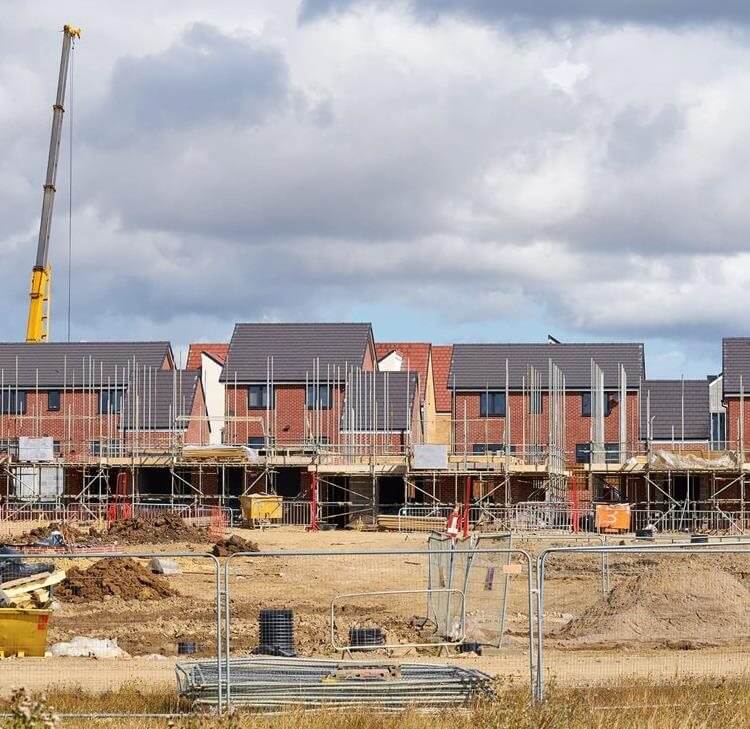Bridging the local government gap: five years on for devolution
Public bodies are continuing to seek creative ways of improving efficiency and finding savings for the public purse.
This article is taken from December's public matters newsletter. Click here to view more articles from this issue.
Public bodies are continuing to seek creative ways of improving efficiency and finding savings for the public purse. Could additional devolution powers further aid efficiency and public spending?
What is devolution? It is the transferring of powers from central government to local governments with the view to empowering local authorities and enabling them to support their local area.
Following the 2015 General Election the government pledged to have a look at local government proposals in the autumn 2015 spending review. A number of deals were agreed in 2015 – 2017, with some not yet published.
Recently devolution in England has slowed and there are calls for more to be done particularly focusing outside of metropolitan areas. The Local Government Association is calling for a new localism settlement.
Lord Heseltine, a former conservative deputy prime minister, is calling for further English devolution powers as current decisions are too London Centric and local governments should have responsibility for overseeing such things like failing schools, affordable housing and local taxes.
In July 2019 a new inquiry was launched with the purpose of assessing the progress of devolution in England. It plans to examine the impact of increased devolved powers and the effectiveness of the current strategy.
The renewed focus on devolution provides local authorities with an opportunity to put forward any devolution proposals. However proposals should be characterised as containing a ‘menu with specials’ the ‘menu’ being a number of items that have been made available to most areas including an adult education budget, integrated transport system and planning and land use; and he ‘specials’ involve items that may be offered a limited selection of local authorities such as housing and health. Reviewing deals that have already been agreed and published will be beneficial when drafting a devolution proposal and is now the time to have more of a consistent framework across the devolution landscape rather than a deal based approach?
Due to the uncertainty surrounding Brexit any devolution deals entered into must contain flexibility to allow for any changes that may take place.









































